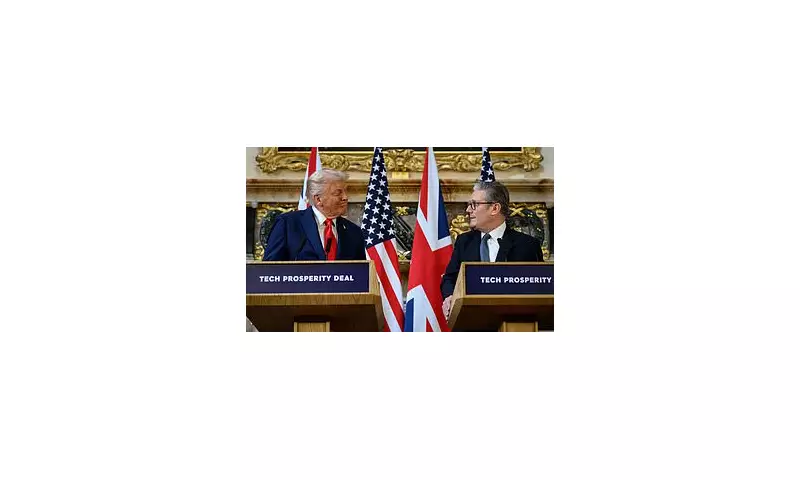
The impending prospect of a Labour government under Sir Keir Starmer and a potential second term for Donald Trump is setting the stage for a dramatic recalibration of the cherished 'special relationship' between the UK and the US.
Senior figures within the Labour Party are privately bracing for a significantly more challenging dynamic with the White House should Trump secure victory in the upcoming presidential election. The two leaders are fundamentally divided on a host of critical global issues.
A Stark Divide on Defence and NATO
The most glaring chasm lies in their approach to international defence. Sir Keir Starmer is a staunch Atlanticist, a steadfast supporter of the NATO alliance, and has committed to increasing UK defence spending to 2.5% of GDP. This stance places him in direct opposition to the former President.
Donald Trump has repeatedly threatened to withdraw the US from NATO and has a history of criticising member nations for not meeting their defence spending commitments. This fundamental disagreement on the very bedrock of Western security promises to be a major source of diplomatic friction.
Climate Change: A Battle of Ideologies
Further conflict is inevitable on environmental policy. Starmer's Labour Party has made its £28 billion annual green investment pledge a cornerstone of its economic and environmental strategy, aiming to position the UK as a global leader in renewable energy.
This ambitious plan stands in stark contrast to Trump's record. During his presidency, he famously withdrew the United States from the Paris Climate Accord and pursued a policy of maximising fossil fuel production, prioritising energy independence over green transition.
Navigating the Trump Personality
Beyond policy, the challenge of personal diplomacy looms large. While Starmer has stated he would "work with whoever is elected President," his methodical, forensic, and rules-based approach is the antithesis of Trump's disruptive and unpredictable political style.
Shadow Foreign Secretary David Lammy has been actively building bridges with Trump's potential team and the "Think America First" institute, recognising the necessity of establishing lines of communication regardless of the November outcome. The goal for a Starmer government would be to find pragmatic points of agreement, particularly on supporting Ukraine, despite the overarching ideological rift.
The post-war special relationship, often celebrated for its warmth and shared purpose, may soon be tested by one of its most profound periods of divergence, requiring careful and strategic management from Number 10.





